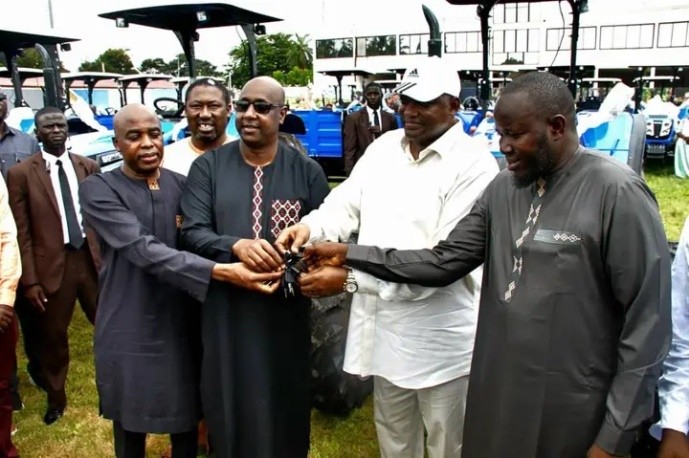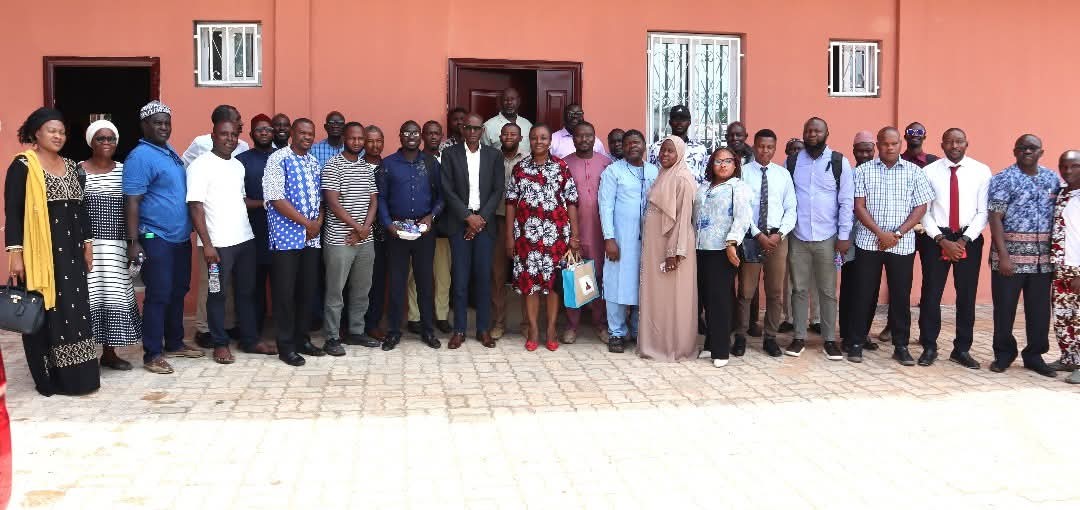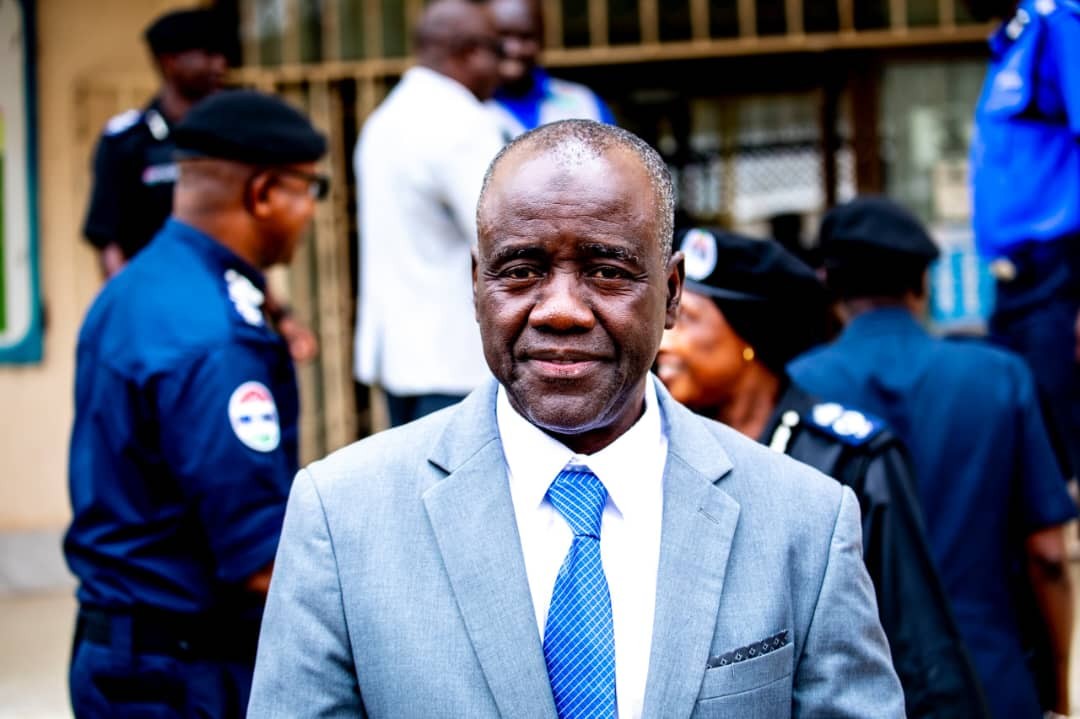The Minister of Gender, Children, and Social Welfare of The Gambia, Fatou Kinteh, has engaged in high-level bilateral discussions with Elizabeth Spehar, Assistant Secretary-General of the United Nations Peacebuilding Fund (PBF), at the UN Headquarters in New York.
The meeting took place on the sidelines of the ongoing 69th session of the Committee on the Status of Women (CSW69), as part of the Minister’s continuous efforts to strengthen partnerships with key development stakeholders. The Minister was accompanied by H.E. Ambassador Lamin B. Dibba, H.E. Ambassador Momodou Lamin Bah, and Permanent Secretary Roheyatou Kah.
During the meeting, Elizabeth Spehar commended Minister Kinteh for her visit and reiterated the UN PBF’s commitment to supporting The Gambia’s priority areas, particularly in transitional justice, security, peacebuilding, youth development, and women’s economic and political empowerment. She lauded The Gambia’s recognised role as a model for effective transitional justice, acknowledging its significant progress in fostering sustainable peace.
Minister Kinteh expressed appreciation for the PBF’s unwavering support, particularly during the first phase of its projects in The Gambia. She highlighted the remarkable impact of initiatives that have empowered women councillors, enhancing their leadership skills and enabling them to participate actively in governance. She emphasised the need for continued funding to expand these capacity-building efforts, especially as The Gambia prepares for its upcoming General and National Assembly elections.
“Our goal is to see more women not just participating in politics but taking up leadership positions as elected representatives in the National Assembly,” Minister Kinteh stated.
In light of current challenges with USAID funding, both parties agreed to engage bilateral donors for additional financial support while ensuring the sustainability of ongoing and future initiatives. Minister Kinteh stressed the importance of maintaining a strong focus on post-conflict nations like The Gambia to prevent them from being overlooked in global development agendas.
Discussions also explored joint efforts between The Gambia and the PBF to develop a robust resource mobilization strategy for women’s political participation. Both parties reflected on the country’s progress under UN Resolution 1325, which advocates for the inclusion of women in peace and security efforts. They concurred on the necessity of embedding sustainability strategies into future project designs, prioritizing preventive measures in national strategies, and adopting cross-border approaches for long-term peace and security.
The Gambia’s Permanent Representative to the United Nations, H.E. Lamin B. Dibba, reaffirmed the country’s commitment to the Peacebuilding Architecture and announced that The Gambia’s National Prevention Strategy would soon be presented to the PBF for consideration.
The meeting concluded with the PBF commending The Gambia’s steadfast commitment to combating Female Genital Mutilation/Cutting (FGM/C) and upholding the legal framework prohibiting the harmful practice.
This engagement underscores The Gambia’s commitment to fostering peace, empowering women, and strengthening its democratic institutions through meaningful international partnerships.






